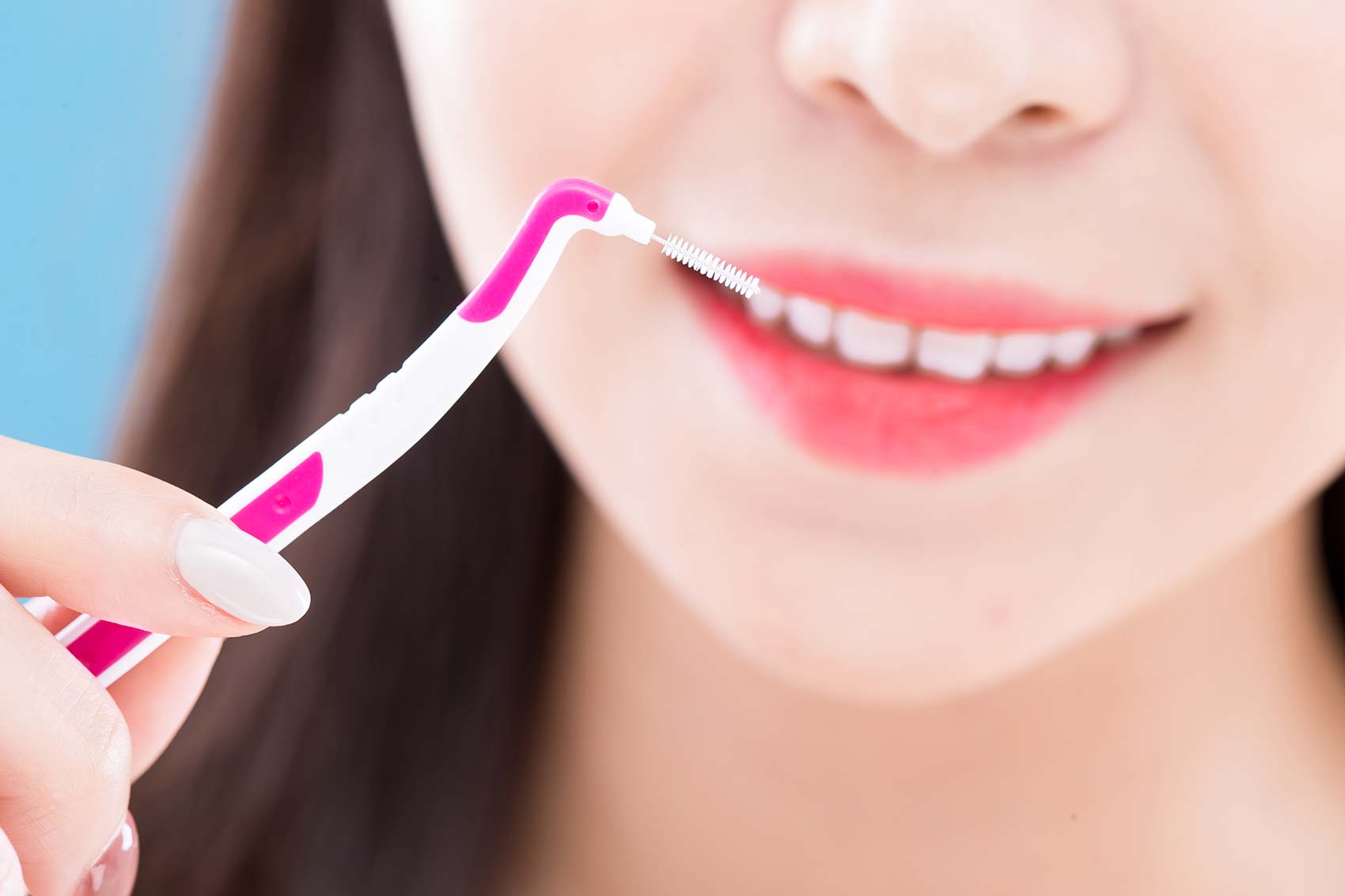Have you heard about dental tourism? This increasingly popular practice consists of seeking dental care outside the country—mainly in Mexico and Cuba—to benefit from lower costs.
An estimated 52,000 Canadians engaged in dental tourism in 2014, in comparison with only 41,000 in 2013, and while COVID-19 resulted in a temporary slowdown, dental tourism has once again started to gain traction now that it’s easier for Canadians to travel.
Although the prices offered at the dental clinics in these countries appear to be very attractive, the associated risks aren’t subject to as much scrutiny.
Here are some things to consider if you’re tempted to take part in dental tourism.
Why go to Mexico or Cuba for your dental care?
The main reason is to save money, obviously. In fact, numerous services performed abroad are available at significantly lower rates than those charged by dentists in Quebec or elsewhere in Canada. We aren’t referring only to cosmetic dentistry but also to treatments directly affecting your well-being, such as having your teeth cleaned, having your teeth whitened and, especially, getting dental implants, which is one of the most common motives cited for embarking on this type of travel. In the absence of dental insurance, dental tourism is a solution that opens up the possibilities of low-cost treatments for those with budgetary constraints. The fact that the countries offering these types of services enjoy particularly temperate climates makes the offer all the more attractive. Sun and low-cost dental care are an exceptional combination that more and more people have come to appreciate!
In this regard, one of the most popular destinations is Mexico, where the savings vary from 40 to 60 percent on a whole host of different services, ranging from general assessments to reconstructive surgeries. Cuba is another popular destination, largely thanks to the value that dental-implant patients get for their money.
In other words, dental tourism combines practicality and pleasure, while allowing the consumer to benefit from a quality of care that often rivals that provided by Canadian dental offices. With modern equipment, clean facilities and quick service, there are plenty of benefits we can add to the “pros” column.
However, lurking behind this idyllic portrait are accounts of experiences that have turned out to be nothing short of a nightmare. Given the popularity of dental tourism, the Quebec Order of Dentists (ODQ) and the Quebec Association of Denturists (ADQ) have urged consumers to exercise caution.
The risks of dental tourism
What explains the difference in the prices seen in these countries? The lower cost of living enables providers to offer their services at reduced rates. Despite the aforementioned reputability of many dental offices in Mexico and Cuba, patients still don’t know the dentist who will be caring for them. With no references, no guarantees and questionable information on the internet, we don’t have any real way of knowing whom we’re entrusting with our smiles.
Unfortunately, some people have learned the hard way that this trend has certain shortcomings. Unnecessary treatments, defective implants, hidden costs and infections are just a few examples of the potential for rampant abuse. The worst part is that Canadian dentists can’t always correct the complications arising from inadequate treatments. Even when they can, repairing a botched job often ends up being very expensive.
Another significant development is that more and more travel agencies are specializing in this type of tourism and requiring prospective patients to sign a liability waiver to hold the agency and the provider harmless in the event of a problem. As a result, seeking legal recourse is difficult, if not impossible.
Are you thinking about engaging in dental tourism?
Take a moment to talk it over with the team at Clinique Dentaire Charles Trottier. They will listen without judging in order to offer you an estimate of the required treatments, explain the available payment solutions and give you the straight facts regarding the risks associated with this type of travel.
Sources:
Clinique Saint-Charles. Le tourisme dentaire : est-ce sécuritaire? [Dental tourism: is it safe?] 2023.
Radio-Canada. Des dents made in Cuba [Teeth made in Cuba] 2016.





